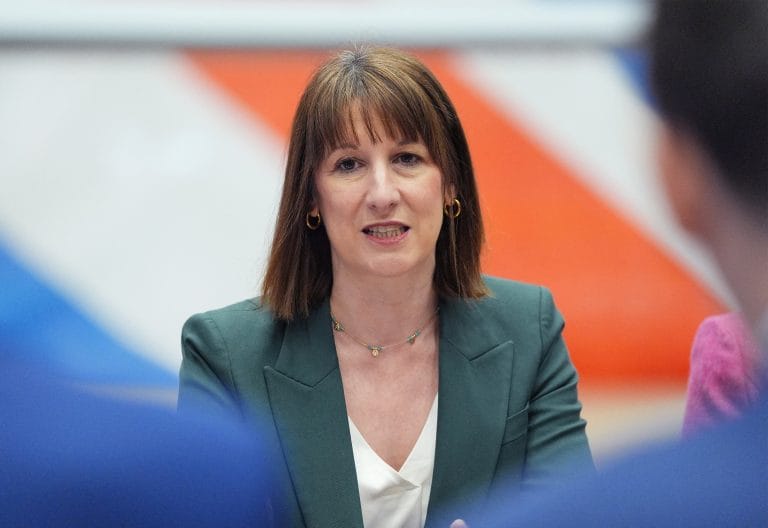🎧 Listen to This Article
As Chancellor Rachel Reeves prepares to deliver her first full Spending Review this Wednesday, eyes across the political and financial spectrum are turning toward one central question: Will this open the door to tax hikes in the autumn budget?
Faced with mounting fiscal pressures, rising borrowing costs, and politically sensitive budget allocations, the government’s options are narrowing. Tax increases look less like a possibility and more like an inevitability.
Winners and Losers in a Tightly Stretched Budget
The 2025 Spending Review is expected to outline multi-year departmental budgets, with healthcare, defense, and research and development likely to emerge as prioritized areas. The government has already signaled an £86 billion investment package for R&D, a bold move in an environment of tightening belts.
But this ambition may come at a cost.
“If the NHS or defense get more, other departments will have to get less,” warned the Institute for Fiscal Studies (IFS), highlighting that ‘unprotected’ services like prisons, local councils, and transportation may face significant cuts.
With public sector pay demands, infrastructure obligations, and welfare pressures all mounting, even small departmental increases elsewhere could blow a hole in Treasury arithmetic.
Reeves’ Dilemma: Political Capital vs. Fiscal Credibility
Rachel Reeves, the UK’s first female Chancellor, enters this pivotal moment facing a dual challenge:
- Maintain market confidence in the UK’s fiscal trajectory.
- Avoid the political fallout of austerity-style cuts or unpopular tax measures.
Analysts at Capital Economics estimate the fiscal gap could require between £18–£46 billion in new revenue in the autumn. That leaves Reeves with few painless options.
“She probably has little choice but to raise taxes in the autumn,” said Ruth Gregory, Deputy Chief UK Economist at Capital Economics. “Higher borrowing costs and u-turns on benefits leave her in a sticky position.”
What Tax Changes Could Be on the Table?
According to tax experts and political economists, Reeves could pursue either a broad range of incremental tax adjustments or go bold with a significant overhaul targeting one or more of the UK’s core tax streams.
Likely candidates include:
- Capital Gains Tax (CGT) alignment with income tax
- Pension tax relief reform
- Inheritance tax thresholds
- VAT extensions or rate adjustments
- Corporate tax base-broadening
However, each route carries its own political and economic risks. Even modest CGT reform could hit middle-income investors. VAT increases are regressive and politically volatile. Pension changes risk alienating core voters.
Markets Watching — and So Are Voters
Any hint of fiscal irresponsibility could spook bond markets while underestimating the political cost of tax rises could spell trouble for a Labour government still in its first year. Balancing those two imperatives will define Reeves’ fiscal legacy.
As the autumn budget approaches, one thing is clear: Spending ambitions are growing, but fiscal space is not. The age of tough trade-offs is back, and tax may be the price tag.
For further details, clarification, contributions, or any concerns regarding this article, please get in touch with us at editorial@tax.news. We value your feedback and are committed to providing accurate and timely information. Please note that our privacy policy will handle all inquiries.



